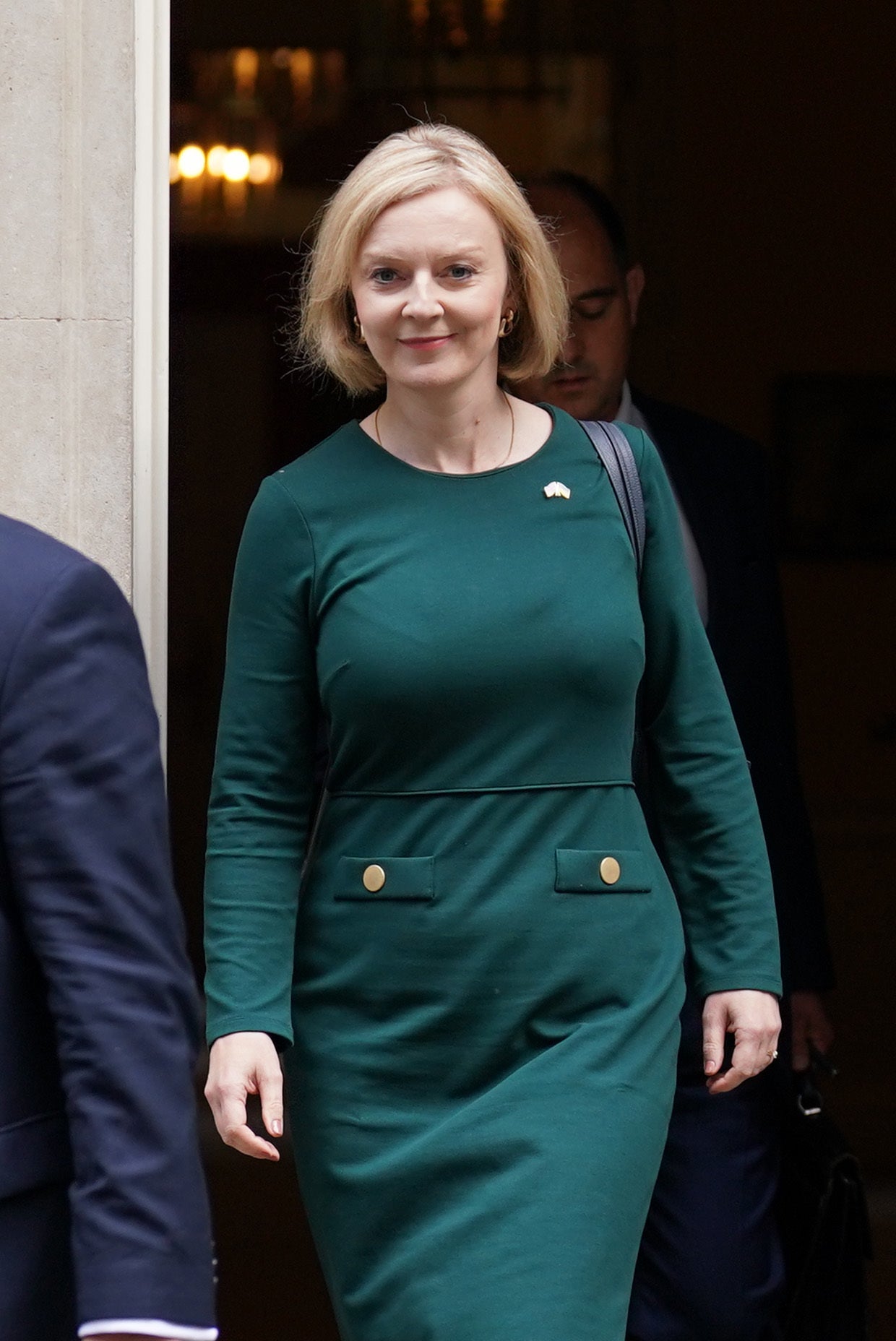Truss sets out plan to shield households and firms from energy price crisis
Prime Minister Liz Truss set out her first major policy intervention to address the soaring bills facing families and firms.

Your support helps us to tell the story
From reproductive rights to climate change to Big Tech, The Independent is on the ground when the story is developing. Whether it's investigating the financials of Elon Musk's pro-Trump PAC or producing our latest documentary, 'The A Word', which shines a light on the American women fighting for reproductive rights, we know how important it is to parse out the facts from the messaging.
At such a critical moment in US history, we need reporters on the ground. Your donation allows us to keep sending journalists to speak to both sides of the story.
The Independent is trusted by Americans across the entire political spectrum. And unlike many other quality news outlets, we choose not to lock Americans out of our reporting and analysis with paywalls. We believe quality journalism should be available to everyone, paid for by those who can afford it.
Your support makes all the difference.Energy bills for the average household will be frozen at no more than £2,500 and businesses will be spared crippling increases as Liz Truss took action to shield Britons from the global gas crisis.
The Prime Minister’s two-year plan paid for by tens of billions of pounds of borrowing will save the typical household around £1,000 from October and protect billpayers from further expected rises over the coming months.
For businesses and other non-domestic users such as schools and hospitals, which have not been covered by the existing price cap, a six-month scheme will offer equivalent support.
After that there will be ongoing support for the most vulnerable industries, with a review in three months’ time to decide where the help should be targeted.
The plan will see the Government limit the price suppliers can charge customers for units of gas, replacing the existing price cap set by regulator Ofgem.
Ministers will provide energy suppliers with the difference between the new, lower price and what they would charge were this not in place.
The Prime Minister told MPs: “This is the moment to be bold. We are facing a global energy crisis and there are no cost-free options.”
Downing Street has refused to put a cost on the programme, previously estimated to cost up to £150 billion. The Prime Minister’s official spokesman would only say the price will be “tens of billions”.
Ms Truss said she would not “give in” to Labour’s calls for a new windfall tax on the soaring profits of energy and gas giants to pay for a reduction in bills.
Instead it will be paid for by borrowing, with Ms Truss promising Chancellor Kwasi Kwarteng will give specifics during his emergency fiscal announcement later this month.
Paul Johnson, the director of the Institute for Fiscal Studies think tank, criticised the lack of transparency, tweeting: “This is one of the biggest announcements in peacetime history, and apparently we’ll be told how much (it costs) in a few weeks.”
His deputy director at the think tank, Carl Emmerson, suggested the cost of the scheme could be more than £100 billion in the first year alone.
Labour leader Sir Keir Starmer said Ms Truss’s refusal to fund the plans with a windfall tax is “driven by dogma” and will mean “it’s working people who will pay for that”.
Officials hope that the measure could curb the cost of servicing the national debt by reducing inflation by up to 5 percentage points from the predicted peak, with external forecasts estimating inflation could hit up to 15% next year.
Under the current domestic energy cap, households face average bills of £1,971 but this was set to rise to £3,549 in October – and forecasts have suggested it could hit as high as £7,700 by April 2023.
The £2,500 “energy price guarantee” will apply in England, Scotland and Wales from October 1, with the same level of support made available to Northern Ireland, which has a separate energy market.
The guarantee is based on the existing cap, plus the already promised £400 energy bills discount for all households, meaning costs will be similar to those faced today.
Green levies worth around £150 a year on average will be temporarily removed from household bills, lasting for two years.
As expected, Ms Truss also ended England’s ban on fracking – the process of extracting shale gas by fracturing rocks with high-pressure water.
This could see domestic shale gas production begin in as little as six months, but will face heavy criticism from opponents who have long warned that fracking can cause earthquakes, water contamination, noise and traffic pollution.
Ms Truss told MPs that fracking would only go ahead in areas where there was local support for it.
And she outlined a goal of making the UK a “net energy exporter by 2040” with her plans on fracking, nuclear and the acceleration of renewables.
The debate turned sombre as concern for the Queen spread through the Commons as it emerged she was placed under medical supervision at Balmoral.
Meanwhile, the pound rose against the dollar as Ms Truss outlined her strategy, after sterling dropped to a 37-year-low against the US currency amid concerns over borrowing costs.